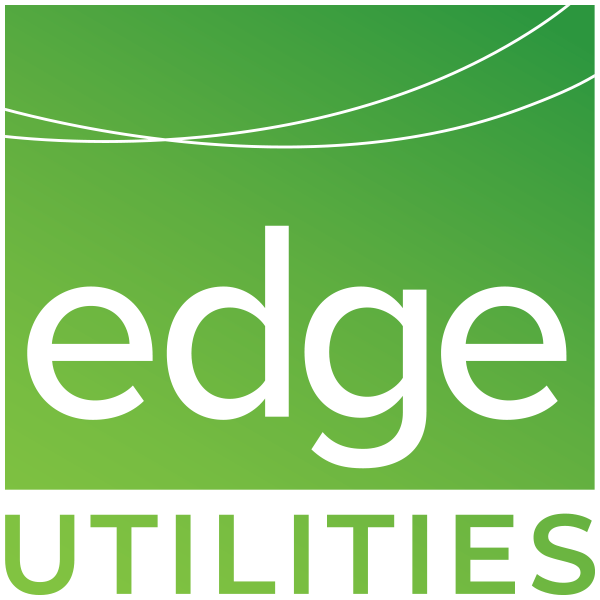As 2024 unfolds, it’s important to look back at the significant changes in energy policies and climate goals that emerged in Australia at the end of 2023. These developments are crucial for small business owners, highlighting the importance of staying adaptable and informed in a rapidly evolving industry.
NSW’s Strategic Energy Shift
In late 2023, NSW’s Minister for Energy and Climate Change, Penny Sharpe, introduced the ‘Orderly Exit Mechanism.’ This significant policy change, backed the powers to 2021, allowing for more direct governmental control over energy generation facilities like Eraring Power Station. Small business owners in NSW should be aware of these regulatory shifts, as they could have an impact on the state’s energy supply and market prices going forward.
Queensland’s Climate Commitment
Toward the end of 2023, Queensland set an ambitious climate target of 75% below 2005 levels by 2035. This bold move suggests a strong commitment to environmental sustainability and could lead to new regulations and opportunities for small businesses. Embracing renewable energy and sustainable practices may become increasingly important.
The December Energy Surge
On December 29th, the energy market saw a significant spike, with demand exceeding 9,750MW and prices soaring. This highlights the importance of energy efficiency for small businesses. Exploring renewable energy and investing in energy-saving technologies can help mitigate the impact of such market fluctuations.
Coal Seam Gas Regulation
The Department of Resources released a draft framework for Coal Seam Gas regulation, indicating a move towards stricter environmental oversight. Small businesses in related fields should prepare for potential changes in operations and compliance requirements.
Queensland’s Environmental Stance
With the resurgence of the “polluter pays” principle in environmental law, the Queensland government is taking steps to reinforce the Environmental Protection Act of 1994. This initiative is highlighted by the recent release of a consultation paper titled “Improving the Powers and Penalties Provisions of the Environmental Protection Act 1994.” This renewed focus on environmental accountability suggests a shift towards stricter regulations. For small businesses, it means an increased need to be more proactive in managing their environmental impact, thereby ensuring alignment with evolving standards and sustainability practices.
ARENA’s Emission Reduction Initiative
ARENA’s late 2023 launch of a $40 million fund to reduce industrial emissions reflects a broader governmental effort toward sustainability. While targeted at larger facilities, this initiative might open future opportunities for small businesses to participate in emission reduction.
The final months of 2023 marked a turning point for energy and environmental policies in Australia. For small businesses in the energy sector, understanding and adapting to these changes will be key to navigating this new era of sustainability and responsibility.
This is a summary article from Edge2020 – read the original article.
Looking to reduce your business’s energy expenses without any extra cost? Edge Utilities makes it possible through collective purchasing, which enables you to unlock substantial savings. Our focus is on empowering SMEs like yours by fetching the most competitive rates available. You can get in touch with us by emailing us at save@edgeutilities.com.au or calling us at 1800 334 336. Start saving today with Edge Utilities!



